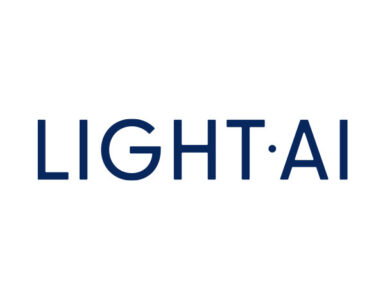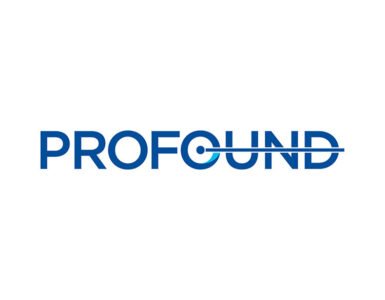
Cantor Fitzgerald launched coverage of Hepion Pharmaceuticals (NASDAQ:HEPA) with an “overweight” rating and $3.50 price target. The stock closed at $1.03 on Feb. 25.
Hepion’s lead asset, Rencofilstat (CRV431), works by inhibiting cyclophilins that may have a role across multiple pathophysiological processes, such as mitochondrial dysfunction, cellular injury and death and inflammation.
“Thus, in a non-immunosuppressive way, the approach could have a broader role in targeting complex indications, such as nonalcoholic steatohepatitis (NASH) and hepatocellular carcinoma (HCC),” writes analyst Kristen Kluska.
“While we recognize there is an overhang around NASH, we believe Hepion’s precision approach could be critical in achieving a higher probability of success,” she added.
“At current levels (trading below cash, however, actively spending), we believe this is an attractive entry point.”
Ms. Kluska said that a major part of Hepion’s AI-POWR platform is the potential to predict drug responders, “thus potentially opening the door for a more precision-based medicine approach.” According to Hepion, this could be a “major factor towards payer approvals, given the potentially higher likelihood that the treatment will be beneficial,” she added.
Hepion has guided to launch a Phase 2b NASH and Phase 2a HCC studies during the second half of 2022.
“We believe the NASH space in particular is an attractive opportunity where about 3% to 12% of the U.S. adults may have a form of the condition,” she said.
The safety profile looks clear so far, she said, which is an “important consideration for driving compliance, as patients don’t experience symptoms of the disease.”
Mr. Kluska said her model assumes that Hepion will find partners in the U.S. and outside the U.S.
Ms. Kluska also said she is impressed with Hepion’s management team, given the “track record in drug development and success.” Hepion’s CEO, Dr. Robert Foster, discovered voclosporin, which was approved in 2021 by Aurinia Pharmaceuticals. The core team in place collectively has more than100 years of experience with cyclophilin inhibition drug development and discovered Rencofilstat, she added.






